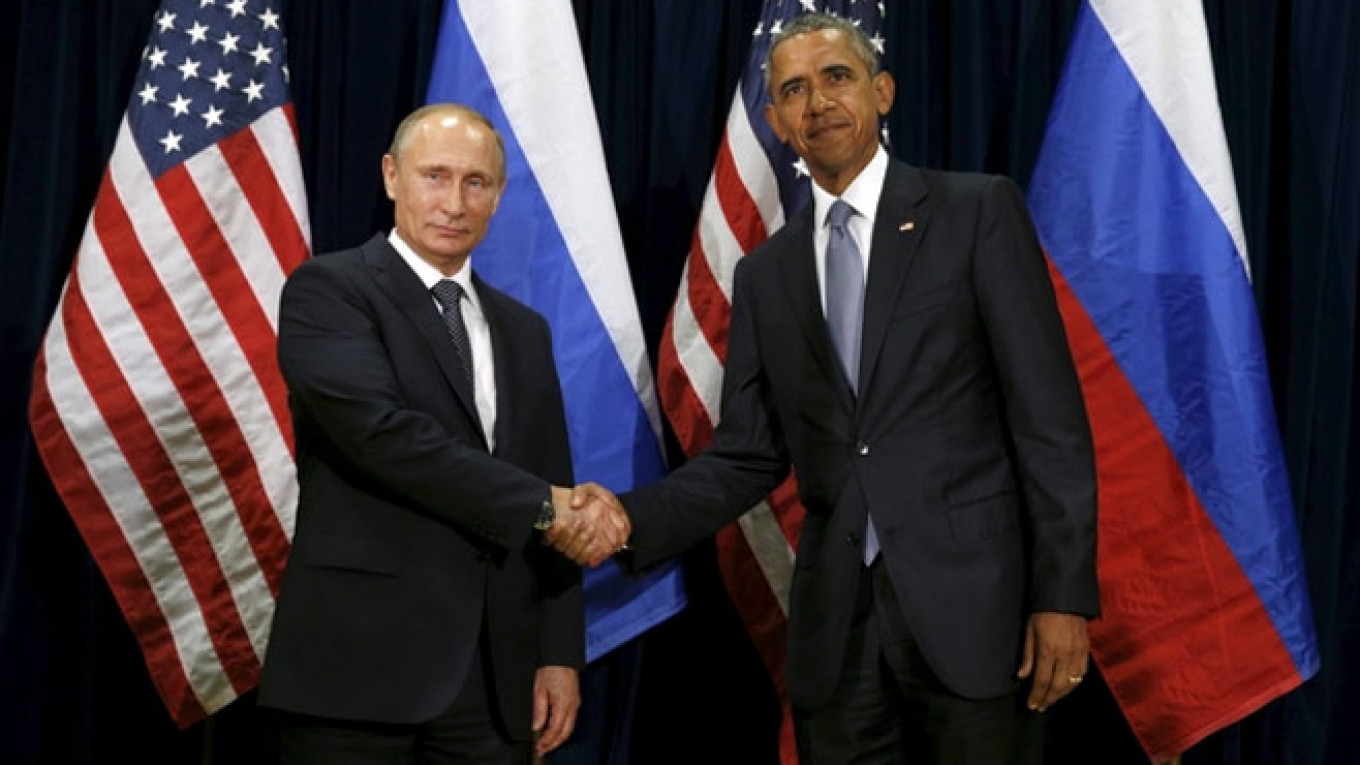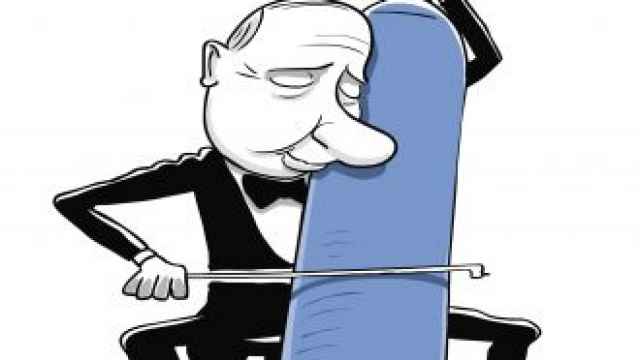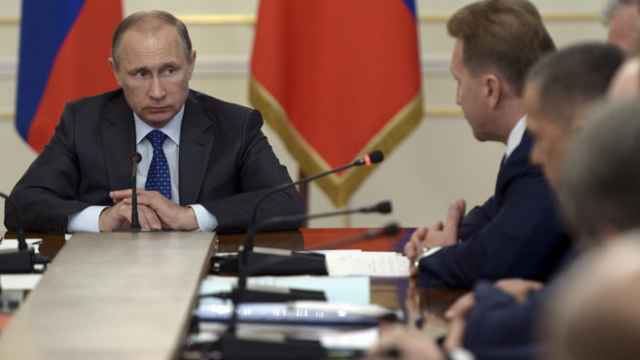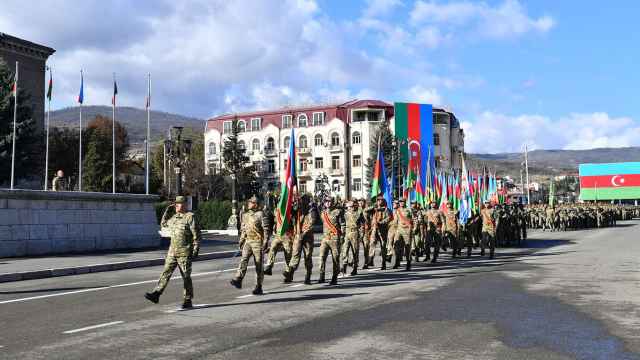Even with both the U.S. and Russia working in tandem against the Islamic State in Syria, they face an uphill battle. The organization has attracted more than 30,000 foreign fighters, according to a United Nations Security Council report. At least 2,000 from Russia and ex-Soviet territories are included in that figure.
Will rapprochement between Russia and the U.S. over Syria and the Islamic State wind the clock back to the benign relationship that began with U.S. President Barack Obama's early "reset" which led to, among other things, a significant agreement on reducing nuclear arms?
It could, since time is running out for Obama and he wants to go down in history as the president who made the single greatest impact on reducing the world's nuclear armories.
Will a rapprochement lead to a conclusive end to the Ukrainian civil war, which is arguably the worst single blot on Obama's foreign policy record? Probably yes, since the agreement made in Minsk in February between Putin, German Chancellor Angela Merkel, French President Francois Hollande and Ukrainian President Petro Poroshenko seems to be gaining traction. The cease-fire is working and the Ukrainian parliament has taken steps toward granting devolved powers to the east. The devolution process hasn't been without its problems but Ukraine has until the end of the year to get that right.
On nuclear matters Putin and Obama know how to work in tandem. They did it with their own weapons agreement and they did it working together to forge the landmark Iranian denuclearization agreement. They could also make a push to get North Korea to disarm. Obama and his predecessors were always undermined by the Republican Congress, which sabotaged earlier deals. This time China must be encouraged by both to be the lead power in dealing with North Korea.
Turning the page, when evaluating Obama's overall foreign policy achievements, one comes up with a mixed bag.
There has not been an iota of progress with Israel and Palestine. The U.S. continues to refuse to crack the whip with Israel and a military and economic boycott is overdue.
In Egypt there is a post-Arab Spring military dictatorship. The U.S., initially wary of the street movement that toppled Egyptian President Hosni Mubarak, did support the subsequent Muslim Brotherhood government. But that was out of the frying pan into the fire and when demonstrators brought that regime down, it was replaced by the present military dictatorship. The demonstrators and the opposition were too impatient to wait for elections in which the Brotherhood government would have been thrown out.
Obama, long before he became president, was against former U.S. President George W. Bush's policy of intervention. But he prevaricated over and delayed withdrawing from Afghanistan (where Russia again helped the U.S.). Now U.S. and NATO withdrawal is well under way, but it is already too late to make a compromise deal with the Taliban.
In Libya, American intervention lead to disaster. A peace deal between the competing factions, followed by a United Nations peacekeeping intervention, will have to be pushed for hard.
Obama could yet go down in history as a good foreign policy president if he works closely with Russia and China for the rest of his tenure. If he doesn't he will be seen as a failure.
Jonathan Power was a foreign affairs columnist for the International Herald Tribune for 17 years.
A Message from The Moscow Times:
Dear readers,
We are facing unprecedented challenges. Russia's Prosecutor General's Office has designated The Moscow Times as an "undesirable" organization, criminalizing our work and putting our staff at risk of prosecution. This follows our earlier unjust labeling as a "foreign agent."
These actions are direct attempts to silence independent journalism in Russia. The authorities claim our work "discredits the decisions of the Russian leadership." We see things differently: we strive to provide accurate, unbiased reporting on Russia.
We, the journalists of The Moscow Times, refuse to be silenced. But to continue our work, we need your help.
Your support, no matter how small, makes a world of difference. If you can, please support us monthly starting from just $2. It's quick to set up, and every contribution makes a significant impact.
By supporting The Moscow Times, you're defending open, independent journalism in the face of repression. Thank you for standing with us.
Remind me later.






